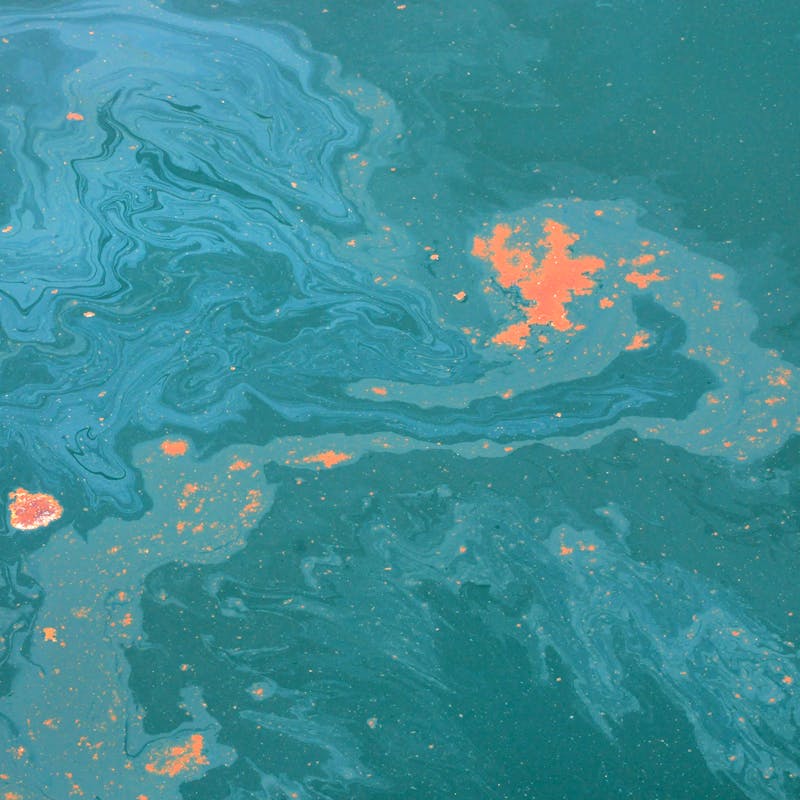A funny thing happened on the way to the Keystone Pipeline bill: U.S. Senate voted overwhelmingly that “climate change is real and not a hoax” and came very close to going on the record that people are contributing to climate change.
Long-time climate hero Senator Sheldon Whitehouse offered Amendment #29 as part of an ongoing campaign to bring “serious bipartisan conversation about carbon pollution and climate change” to the Keystone Pipeline debate. I am not sure if even he expected the result that he got: 98 senators voted in favor of his amendment, and only one voted against it.

Now, it’s not entirely clear if that overwhelmingly positive vote actually represents a major shift in thinking among members of that august deliberative body. From the tweets sent by certain members around the time of the vote, some of those “AYE” votes may have resulted from a reading comprehension failure or a misunderstanding about the difference between climate and weather. And most of us are aware that the fundamentals of science are not subject to popularity contests. Nonetheless, the 98-1 vote that “climate change is real” is a pretty big deal.
The Senate could only be expected to go so far, however. Two subsequent votes, one containing the statement that “human activity contributes to climate change” and the other stating that “human activity significantly contributes to climate change” both failed to reach the 60-vote threshold required in the Senate to keep any measure alive. The first of these amendments (No. 87), offered by North Dakota Senator John Hoeven (who ended up voting against it), actually came very close: it failed with a 59-40 vote, and had Minority Leader Harry Reid not been away on medical leave, it would very likely have passed.
The other amendment (No. 58), offered by Senator Schatz, ended up with a vote total of 50-49. There are two possible reasons for the ten-vote attrition. First, his amendment had a crucial difference, in the form of the word “significantly.” The idea that we may be “significantly” contributing to climate change may be more than a number of Senators could bear. The other possibility is that the Hoeven amendment also contained language stating that the fate Keystone pipeline wouldn’t have an effect on the rate of tar sands extraction, and that transporting the oil by pipeline emits less greenhouse gas than sending it by truck or rail; some Senators may have wanted to go on the record stating this. Or perhaps there is a third reason: the group Oil Change International crunched the numbers on the Schatz amendment and found that those who voted against it have received an average of $600,159 in oil and gas contributions over their careers, 5.6 times as much as those who voted against it.
Aimee Delach, Senior Policy Analyst, Climate Change Adaptation at Defenders of Wildlife






Follow Defenders of Wildlife
facebook bluesky twitter instagram youtube tiktok threads linkedin